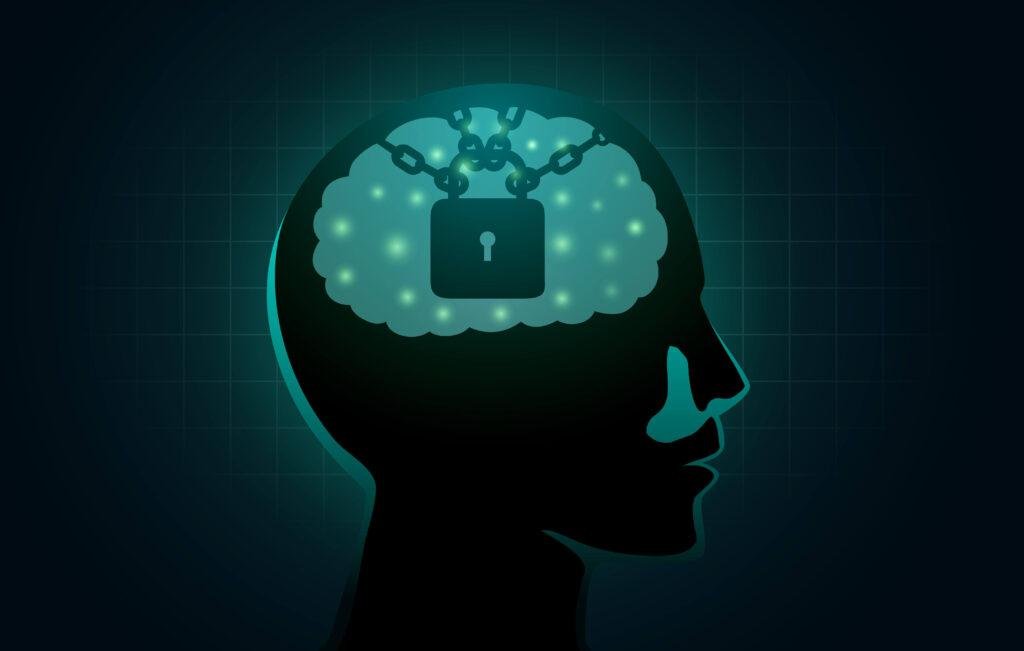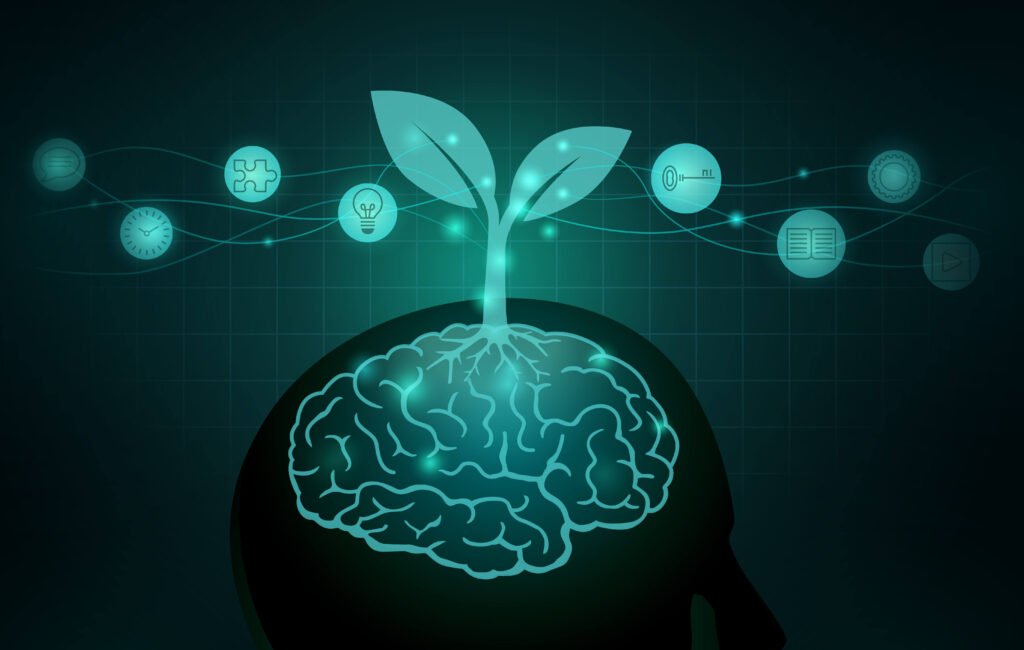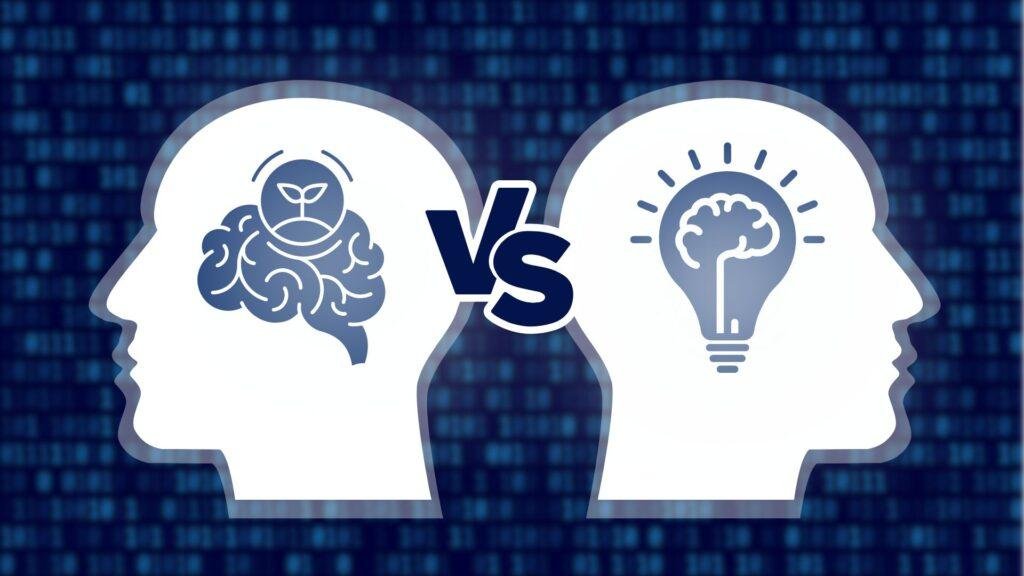Research has shown that mindsets play an important role in determining the results that you will get in life and business. By adapting and shifting your mindset, you can become more resilient, handle adversity, decrease stress and increase fulfilment.
In order to further your business goals or develop competencies, it is important to understand how each of these mindsets can help or hinder your progress. These elements are frequently applied in most corporate training and development in Singapore and the world.
In this article, I will examine three mindsets that most people normally adopt. They are fixed, growth, and solution-focused mindsets.
What is A Mindset?
Mindsets are a set of beliefs that shape how you make sense of the world and navigate through it. It influences how you think, feel, and respond to the situation at hand. If you have a positive mindset, it means that you tend to be optimistic and see positive ways to handle a situation or people. Likewise, if you hold onto a negative mindset, it is the opposite.
The good news is that mindsets can be changed and modified over time. However, you need to be intentional about it, and this takes time.
Dr. Jacob Towery, a clinical instructor in the department of psychiatry at Stanford University, mentions that “the good news is mindsets are highly changeable, and if you are willing to learn the technology of changing your mindset and defeating your distorted thoughts, you can have significantly more happiness.”
Let’s examine the three kinds of mindsets that people display:
- Fixed Mindset
- Growth Mindset
- Solution-Focused Mindset
Fixed Mindset

A fixed mindset is a belief that abilities are fixed or cannot be improved upon. A person with a fixed mindset typically shies away from obstacles in life, gives up quickly and feels challenged or threatened by other people’s success.
This is partly due to a fixed mindset, which believes that intellect and skill are qualities that “define you” rather than something you can develop. They also feel that certain characteristics cannot be changed, regardless of how hard one tries. This can result in self-doubt or negative thinking.
For example, a person with a fixed mindset can struggle with a task and think their lack of intelligence is to blame or the situation limits them from a lot of opportunities.
Characteristics of a Person with a Fixed Mindset
They are more likely to:
- Give up easily when facing obstacles
- Believe that skills and intellect are constant.
- Avoid obstacles to prevent failure.
- Disregard or fear the opinions of others.
- Feel intimidated by other people’s success.
- Cover up imperfections to avoid criticism from others.
- View criticism as personal.
Growth Mindset

With a growth mindset, intelligence and skill are seen as traits that can be developed with practice. Those with a growth mindset believe that investing time and effort can make them smarter, more knowledgeable, and more competent.
A growth mindset acknowledges that setbacks are an inevitable part of the learning process and enables people to recover quickly by enhancing motivational efforts. A growth mindset views failures as temporary and adaptable, which is essential for learning, endurance, drive, and performance.
A person with a growth mentality can struggle with the same task and think they need to practice more, or that they can turn to other sources of help.
Characteristics of a Person with a Growth Mindset
They are more likely to:
- Consider failures to be only temporary obstacles.
- Willingly accepts challenges.
- Consider the accomplishment of others as a source of motivation.
- Accept continuous learning and increases learning effort.
- Believe that intelligence can be enhanced.
- Believe that hard work leads to excellence.
- Views criticism as a teachable moment and feedback to be a valuable source of information.
Solution-Focused Mindset

A solution-focused mindset holds the idea of abandoning the notion we have all the answers. It embraces that people are creative and want things to be better in their lives. It focuses on what’s desired in the future, identifies success strategies, and fosters cross-collaboration with others to move forward. It also assumes that the “goal post” is not fixed, therefore it is never perfect and may change with time.
A solution-focused mindset is beneficial in achieving sustainable practices because it generates momentum and is adaptable. Momentum is crucial because it overcomes a person’s inertia of getting started, instead of getting stuck in a problem. It always looks for new ways to adapt, solve problems, and/or build from what is already working well to make change management more easily accepted.
All kinds of success have always been identified and examined, no matter how small or big it is. It believes that progress is gradual and that people change best by taking a series of small steps. Wining small consistently is a powerful motivator to create more steps ahead. It often inspires the development of further and better alternatives.
Characteristics of a Person with a Solution-Focused Mindset
They are more likely to:
- Consider failures as feedback on what does not work and explore new ways to make it work.
- Be curious to look for what is already working and make it more evident/easy for others to follow.
- Believes that people are resourceful and an expert in their own lives. They look for ways to unlock these resources to move forward.
- Empowers others to be resourceful and builds the self-esteem of others.
- Creative and open to new ideas and viewpoints.
- Spends a lot of time on solution talk, rather than problem talk.
- Focus on what they can control instead of things they can’t control.
- Emphasise what they have in common with others rather than what separates them.
- Views criticism as clues to what can be stopped and feedback to be clues to what others want.
Comparison: Fixed Mindset vs Growth Mindset vs Solution-Focused Mindset
| Scenarios | Fixed Mindset | Growth Mindset | Solution-Focused Mindset |
|---|---|---|---|
| Setbacks | Views it as final, and they cannot change the results | Views it as a learning opportunity, and they have not mastered how to handle it yet | Treats it as feedback on what strategies didn’t work. Finds old and new strategies that have worked and will work |
| Other people’s success stories | Becomes intimidated or threatened by others | Finds ways to adopt them into their lives | Finds what can be modelled and follows it |
| Beliefs in skills and intelligence | They are constant | Can be improved through continuous learning and development | Can be improved through continuous learning and development |
| Criticism | Views as a personal attack | Review the mistakes to improve or try something new | Does not dwell on it and finds out what can be done |
| Handling feedback | May not accept it since they feel that they can’t change anything | Views feedback as a way to learn and be more productive | Listens to what works and identify successful strategies so that they can be repeated |
| Handling challenges | Avoids challenges and possibility of failure | Embraces challenges and risks possibility of failure | Embraces challenges, create possibilities and identifies best hopes for it |
| Effort | Believes that talent is innate and effort does not make much of a difference | Believes that effort can lead to mastery | Believes that anything can be achieved through a series of small steps in the right direction |
| Handling change | Uncomfortable because of uncertainty | Believes they can change through consistent effort | Views change as always happening, and people change best by taking action |
| Assumptions about people | People vary, and they can’t change them | People can change if they choose to | People want to be competent and view themselves as competent to some extent |
| © Deep Impact |
The Differences Between Growth and Solution-Focused Mindset

You will notice that both Growth and Solution-Focused mindset is similar in some cases. They share common roots and are highly adaptable.
One thing I have noticed is significantly different is that in a solution-focused mindset, they are very careful of the choice of words used. This is because words have meaning and will shape conversations or even thinking patterns.
Therefore, a solution-focused practitioner is careful in his/her language and seeks to engage in using words that will yield better outcomes.
Having the Right Mindset Is Not Enough
You can be already aware that having a fixed mindset is no longer helpful in this current era when change is constant. The future belongs to those who can adopt a good mindset that helps them succeed in life. Mistakes and challenges will always happen, but how we respond to them and navigate our way through them is important.
What assumptions do you have while handling adversity, rejection, or setbacks?
What assumptions do you have about the world?
Guard your mind and understand that there is no one right mindset. Instead, we should develop a mindset that will help us succeed in life and at work.
At Deep Impact, we help clients develop a solution-focused mindset and a practical set of toolkits to overcome work challenges and achieve results. Clients bring their real business challenges and use a proprietary solution-focused DEEP Model to resolve them.
In addition to leadership training, Deep Impact also provides corporate executive coaching in Singapore and globally to help leaders develop the skills they need to bring about positive change in their organisations.
Contact us today if you want to start fostering a culture of developing solutions and creating possibilities with our unique Small Steps to Big Changes approach.








